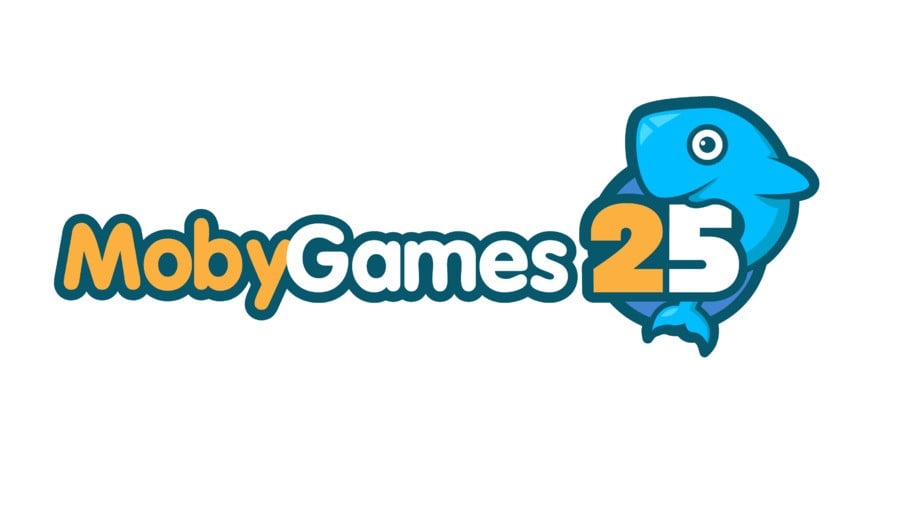
Today marks the 25th anniversary of MobyGames, the online video game database known for cataloguing and preserving information related to game development credits, release dates, and so much more.
The website was founded back on March 1st, 1999 by childhood friends Jim Leonard and Brian Hirt, with the idea of creating a space to share information about computer games coming about Leonard struggled to find any decent answers to the questions he'd been having about classic games.
From there, it eventually grew into one of the most reliable places on the internet to find accurate information on old games, helped along by a tidal wave of user submissions and corrections. We've personally used it for a lot of the more in-depth research work we've done, such as tracking down the information of developers who may know the whereabouts of "missing" people or have previously unknown information on early arcade titles.
Over the years, the owners of the site have changed a few different times, with the rental company GameFly purchasing the website in 2010 before offloading it to the Blue Flame Labs' owner Jeremiah Freyholtz in 2013 who later sold it to Atari in March 2022 (while staying onboard as the site's general manager).
While the website remains free to use under Atari, it has also recently introduced a controversial new subscription service for the database called MobyPro, which is currently out in Beta. This locks some of the site's features behind a $5/month paywall, such as "unlimited paging/results on game browser and platform game lists", while also providing early adopters with exclusive analytics data and other subscription-based benefits.
In a press statement released to coincide with the anniversary, MobyGames & Atari detailed their ambitions to turn the website into a "more expansive" professional subscription service geared towards individuals and organizations in the games industry. This will apparently include the ability for users to verify their identity and have more control over their profiles, photos, and work history, while also using the site for networking. We have to admit that it doesn't exactly fill us with confidence, but only time will tell how disruptive this will be for those who want to continue using the site for things like game preservation and research.
